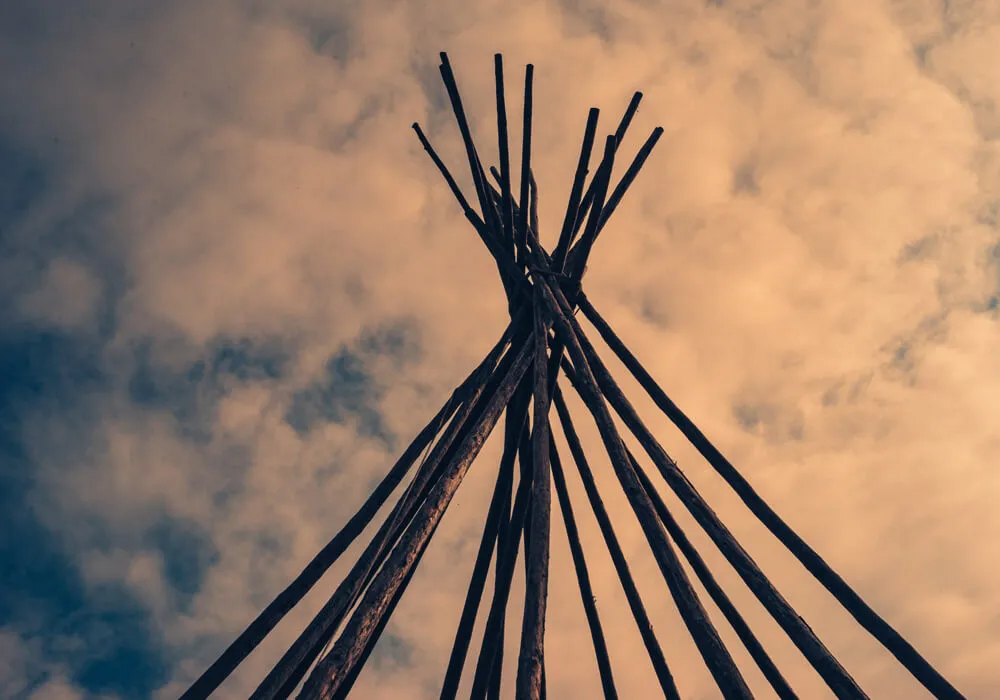Land Acknowledgement
RDN acknowledges that our physical office is located on amiskwacîwâskahikan ᐊᒥᐢᑲᐧᒋᐋᐧᐢᑲᐦᐃᑲᐣ, known as Beaver Hills House or Edmonton, the historical land of Treaty 6 Territory and a traditional gathering place for all peoples. We would like to thank our hosts the Nehiyawak (Cree), Saulteaux, Niisitapi (Blackfoot), Red River Métis and Ĩyãħé Nakón (Stoney) whose traditional land in which we live and work. As a national organization, we also acknowledge and respect the histories, languages, and cultures of all First Nations, Métis, Inuit, and all First Peoples of Turtle Island whose presence continues to enrich our vibrant community.
We acknowledge that we are all Treaty People. This means we all have a responsibility to uphold and respect the Treaties signed to affirm our commitment and responsibility to improve relationships between nations and improve our understanding of the vast differences between the many First Nations, Inuit and Métis Peoples across Turtle Island and their own unique cultures. We recognize the land as an act of reconciliation and gratitude to those whose territory we reside.
RDN recognizes the ways in which settler relationships to both the land and the Peoples of this land have been broken and misused, causing and contributing to First Nation, Métis and Inuit houselessness. In an ongoing effort to support First Nation, Inuit and Métis communities in addressing housing, homelessness, and service needs, we are committed to decolonizing homelessness research and advocating to funders for Indigenous self-determination in the housing and social sectors.
We share this acknowledgment to reaffirm our responsibility and commitment to reconciliation. We also recognize that this land acknowledgment is just that, an acknowledgment; it is but one step in our journey. We commit to working to uphold the conditions of the treaties that govern this land.
Reconciliation at the Rural Development Network
RDN holds the privilege of collaborating with and learning from Elders and Knowledge Keepers hailing from various regions across Turtle Island. The wisdom and insights shared by these Elders and Knowledge Keepers, in conjunction with the guidance offered by RDN’s Indigenous Liaison, have played a pivotal role in shaping the organization’s approach to its work.
These collaborations have extended to profound levels with deep knowledge sharing and a deeper understanding. Elder and Knowledge Keeper teachings have imparted valuable learnings on how to listen to hear, Two -Eyed seeing, cultural protocol and how to work with diverse Inuit, Metis and First Nation communities
Ethical considerations including recognizing historical trauma and the ongoing colonization of First Nations, Inuit and Métis Peoples are held in the highest regard throughout all aspects of RDN’s work. We ensure that we use an informed approach in conducting research with communities in an ethical, fair and transparent way.
These principles are not merely a guideline but a foundational cornerstone embedded into the very fabric of the organization’s projects. To ensure alignment with domestic and international frameworks, ethical research guidelines, and the meaningful Calls to Action of the Truth and Reconciliation Commission of Canada, RDN has undertaken a comprehensive review of and diligently implemented key learnings from several critical documents, including:
- Indigenous Data Sovereignty Principles (specifically OCAP principles):
- Tri-Council Policy Statement: Ethical Conduct for Research Involving Humans – TCPS 2 (2018)
- United Nations Declaration of Human Rights
- Indigenous Research Statement Principles
- Truth and Reconciliation Commission of Canada: Calls to Action
- Missing and Murdered Indigenous Women and Girls.
By incorporating these ethical guidelines and principles into every facet, RDN demonstrates a steadfast commitment to responsible, respectful, and culturally sensitive research and collaboration. This approach not only respects the rights and values of Indigenous communities but also contributes to the broader goals of reconciliation and the preservation of Indigenous knowledge and cultural traditions.
Statement of Reconciliation
Understanding Turtle Islands or North American History
- Recognizing Pan-Indigenization
- Meaningful Land Acknowledgements from deep introspection of our work
- Working with Indigenous leaders to support their communities and their vision
- Understanding the importance of Economic reconciliation
The Rural Development Network is committed to its and its staff’s Reconciliation Journeys through education in areas such as: The First Peoples’ History from before and after first contact with colonizers, Recognizing pan-Indigenizing of First Peoples and using specific Nation names as often as possible, using traditional languages where and when possible to help keep First Peoples’ languages living and breathing, Developing location specific Land Acknowledgements with introspective meaningful work-based ties to reconciliation efforts to the lands and its Peoples.
We have lots to learn so we keep our hearts, ears and eyes open in hopes we can see from two perspectives so our work is done Hand in Hand with Indigenous communities.






